15 Mistakes You're Making When Designing Your Business Card
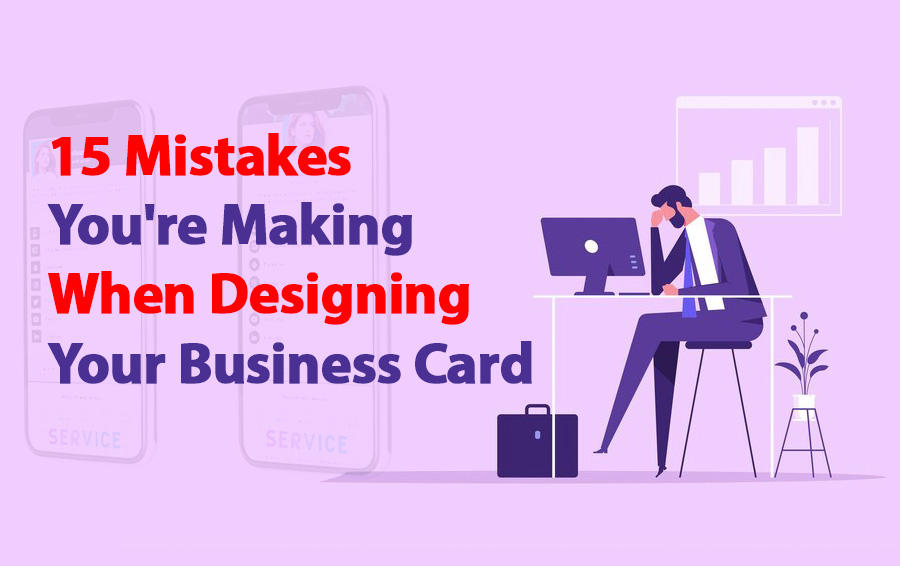
15 Mistakes You're Making When Designing Your Business Card
In the fast-paced world of business, your business card is often the first impression you make on potential clients or partners. It's a tangible representation of your brand and can leave a lasting impact. However, many people make critical mistakes when designing their business cards, undermining their potential to create a positive impression. In this comprehensive guide, we'll walk you through 15 common mistakes to avoid when crafting your business card, ensuring it not only stands out but also helps you make a memorable mark in the business world.
1. Neglecting Basic Contact Information
Your business card's primary purpose is to provide essential contact information. Surprisingly, some individuals forget to include vital details such as their name, phone number, email address, and physical address. Ensure all relevant contact information is present and accurate.
2. Overcomplicating Design
Simplicity is key in business card design. Avoid cramming too much information or intricate graphics onto the card. A cluttered design can make it challenging for recipients to find the information they need quickly.
3. Using Poor Quality Materials
Invest in high-quality cardstock for your business cards. Flimsy or cheap materials can create a negative impression. A substantial, well-printed card with a professional finish speaks volumes about your commitment to quality.
4. Inadequate Logo Placement
Your logo is the visual representation of your brand. Ensure it's prominently displayed on your business card. A well-placed logo can help reinforce brand recognition.
5. Inconsistent Branding
Maintaining consistent branding across all your marketing materials is crucial. Ensure that the color scheme, fonts, and design elements on your business card align with your overall brand identity.
6. Not Proofreading
Typos and grammatical errors on your business card can be embarrassing and unprofessional. Triple-check all text for accuracy and clarity.
7. Ignoring White Space
White space, or negative space, is essential for visual balance. Don't overcrowd your business card; allow for adequate white space to make it visually appealing.
8. Neglecting Mobile Accessibility
In our digital age, it's essential to include QR codes or other mobile-friendly elements on your business card. This makes it easy for recipients to connect with you online.
9. Using Generic Templates
Pre-made templates might be convenient, but they won't help your card stand out. Invest in custom designs that reflect your unique brand personality.
10. Inconsistent Sizing
Stick to standard business card dimensions (3.5 x 2 inches) to ensure compatibility with cardholders and wallets. Odd-sized cards can be challenging to store and may get discarded.
11. Lack of a Call to Action
Include a clear call to action on your business card, such as "Visit our website for a special offer" or "Call now for a free consultation." Encourage recipients to take the next step.
12. Inappropriate Imagery
Images and graphics should align with your brand and industry. Avoid using generic or unrelated visuals that may confuse or misrepresent your business.
13. Choosing the Wrong Finish
Select a finish that suits your brand image. Glossy finishes can convey a modern, high-tech feel, while matte finishes exude sophistication.
14. Unreadable Fonts
Choose legible fonts that are easy to read at a glance. Avoid overly ornate or script fonts that may cause confusion.
15. Not Considering the Audience
Tailor your business card design to your target audience. A playful, colorful card may work well for a creative industry but might not suit a conservative business setting.
In conclusion, your business card is a valuable tool for networking and branding. Avoiding these 15 common mistakes will help you create a business card that not only looks professional but also leaves a lasting impression. Invest time and effort into crafting a card that represents your brand effectively, and you'll be well on your way to making a positive impact in the business world.





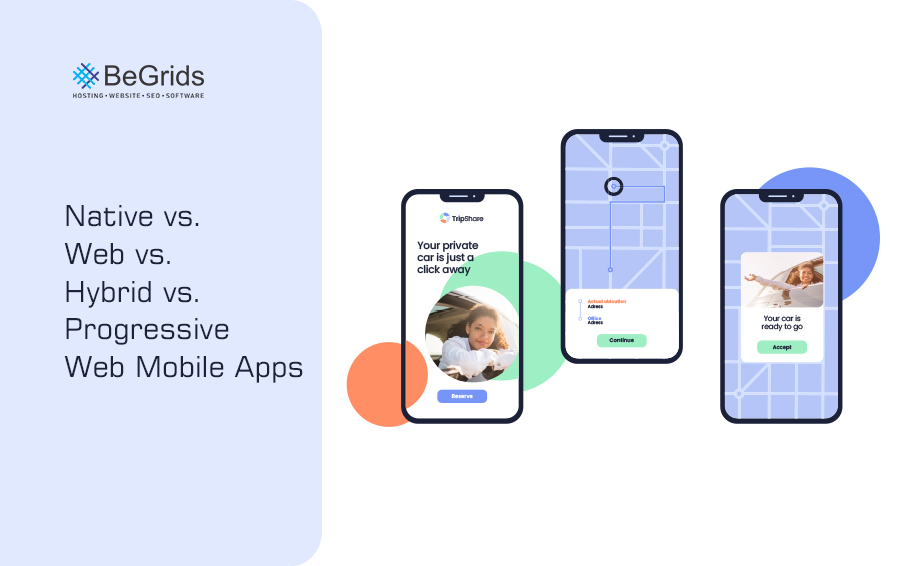

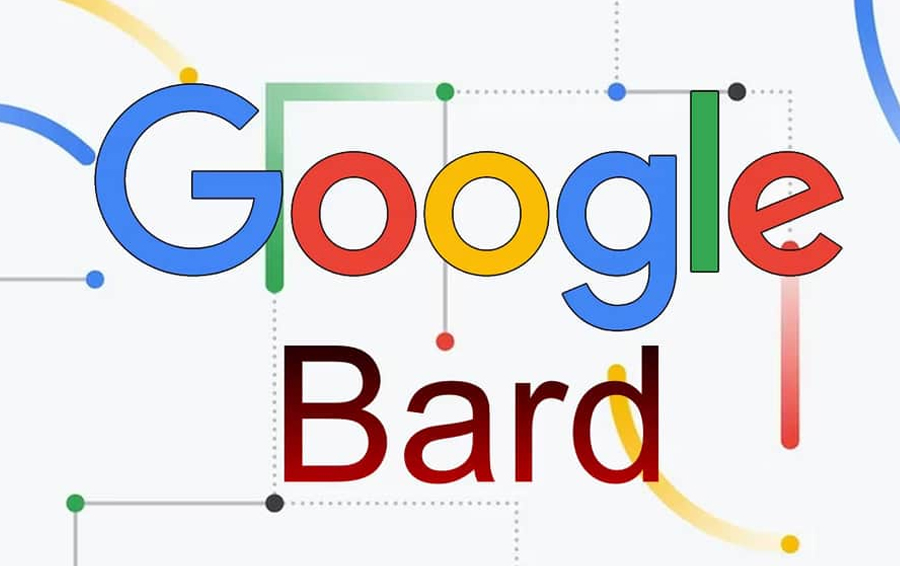



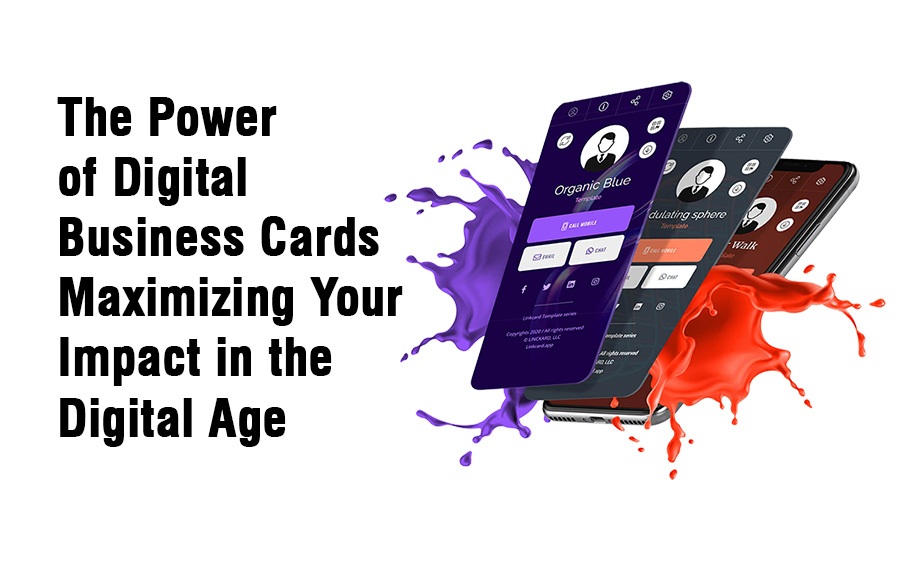



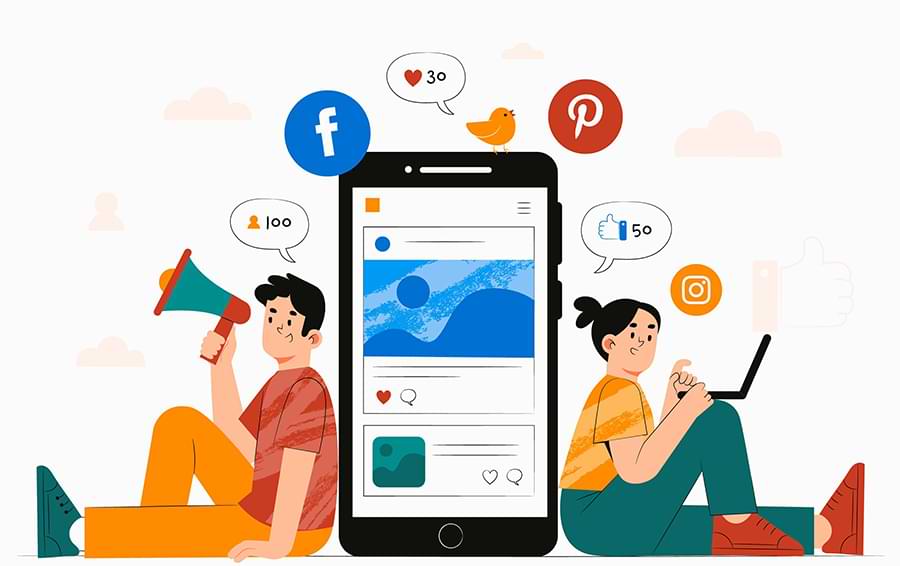


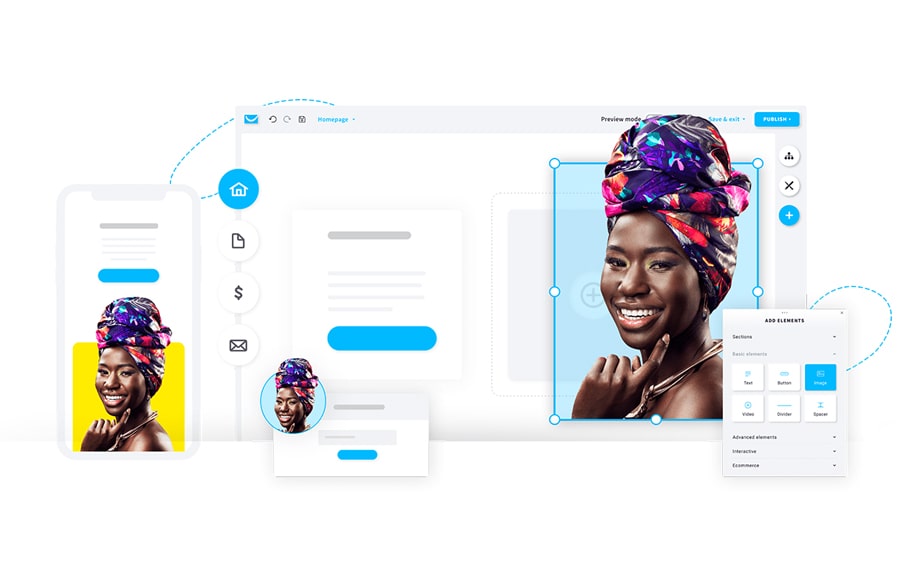
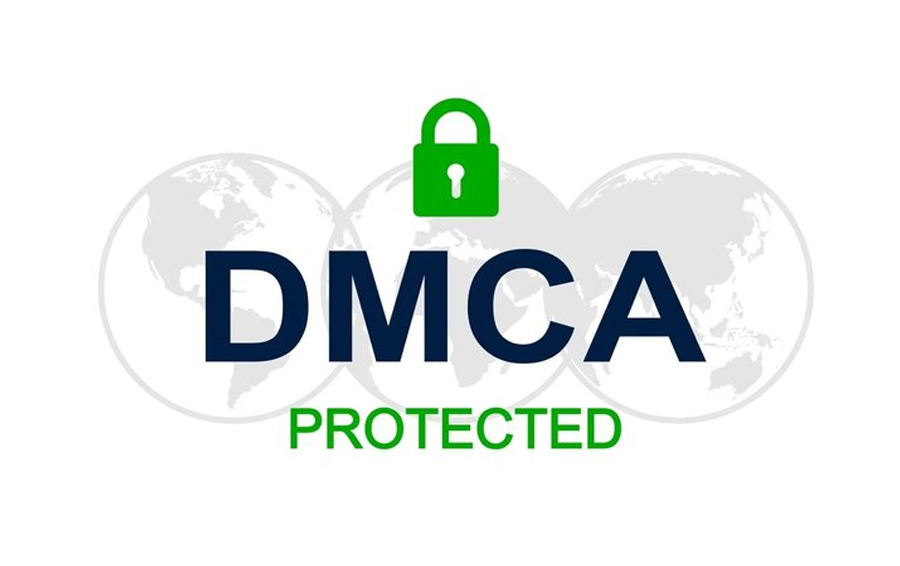



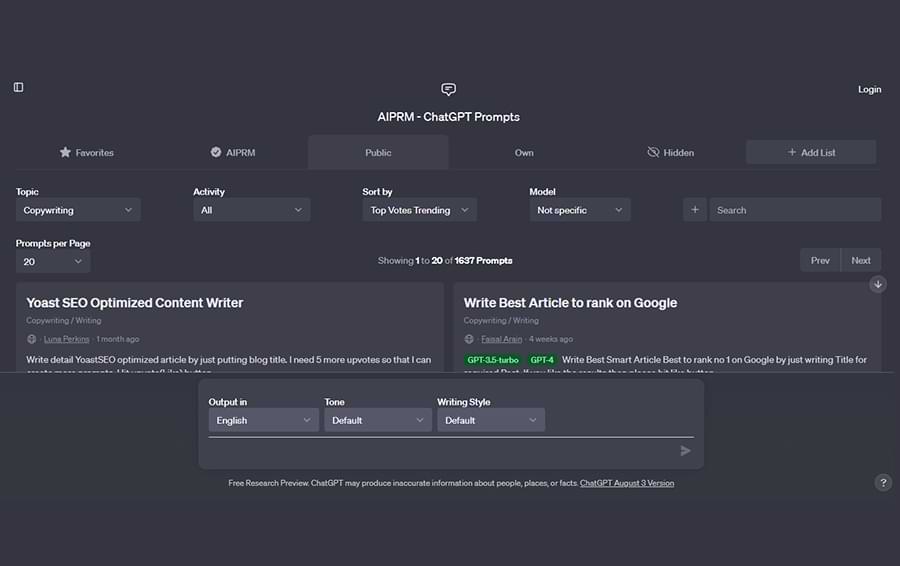
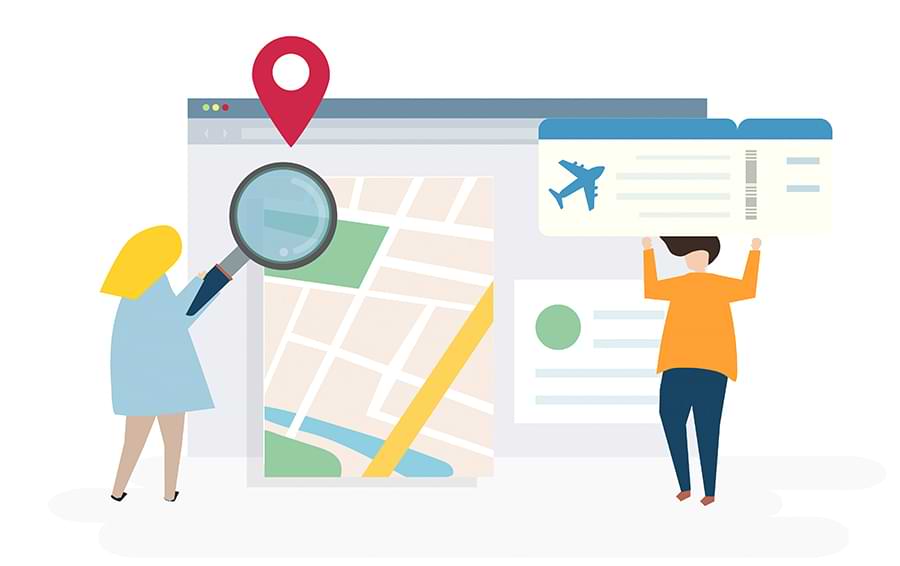

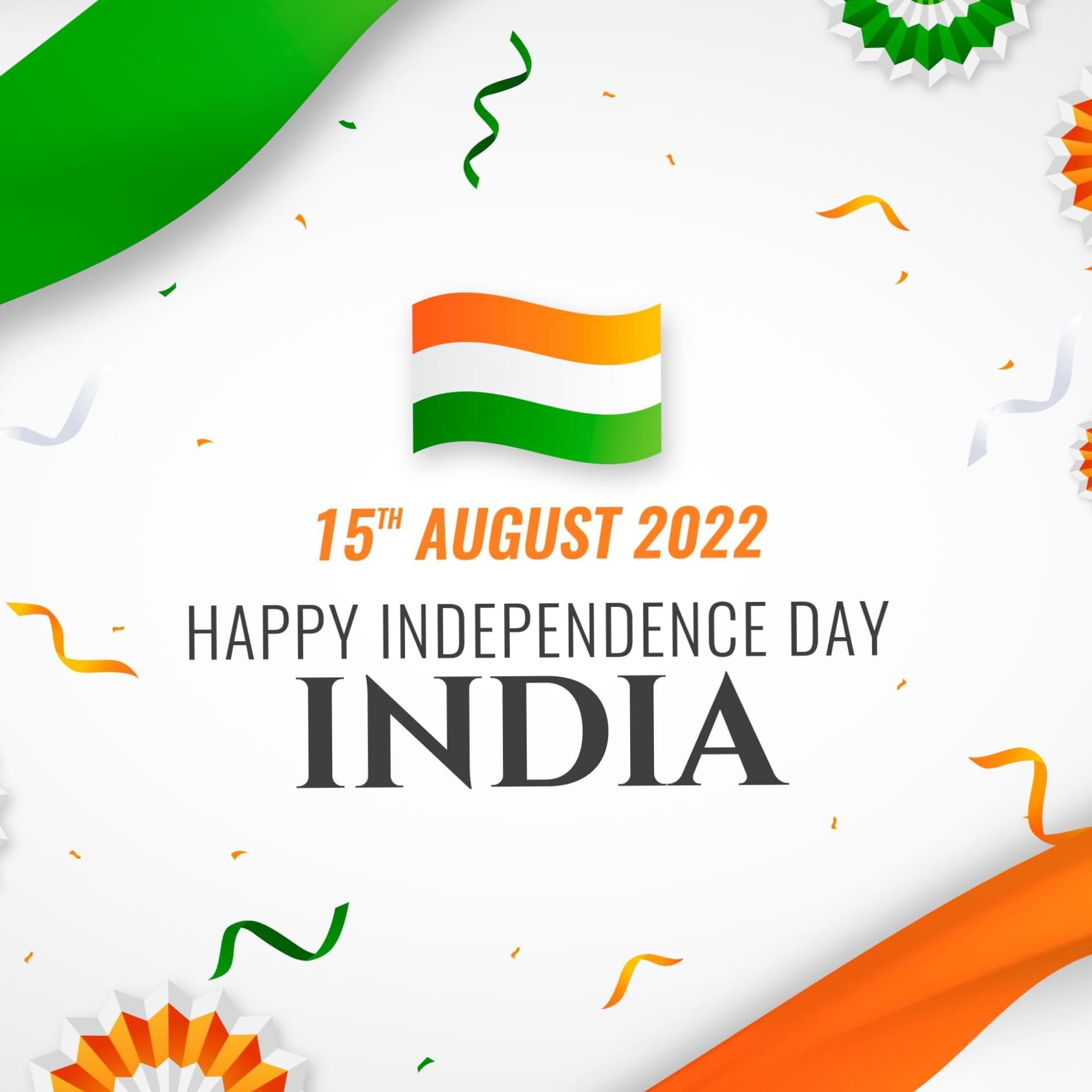




Comments
No Comments To Display
Leave a Comment